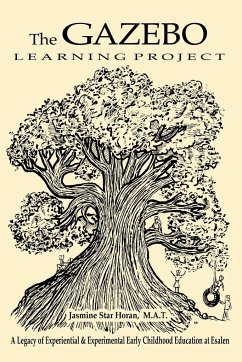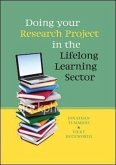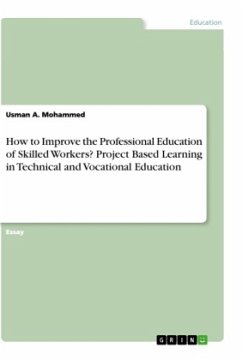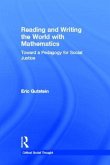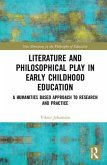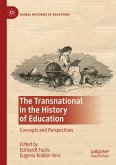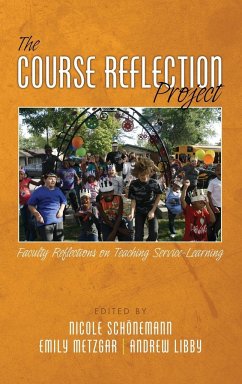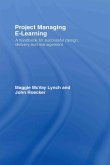The Gazebo Learning Project: A Legacy of Experiential and Experimental Early Childhood Education at Esalen tells the untold story of Esalen Institute's Gazebo Park School. It shares a unique pedagogy that encompasses the belief that Human Potential Movement begins in childhood. The book is focused on the core principles and practices of the Gazebo program such as Gestalt Practice, the role of the teacher, the philosophical view of the child, nature education and pure play. The Gazebo approach honors the child as highly capable, and encourages independence, self-agency, and responsibility. The possibilities offered through Gazebo pedagogy expand the boundaries of education through conscious learning and teaching giving children a strong foundation for self-awareness and empowerment. Through the Gazebo lens, children are given opportunities to experience calculated risk, to work through conflict, and to learn about healthy boundaries which empowers them in ways that carry over into later life. With the Gazebo approach, teachers are facilitators, and allow children to lead their own learning propelled by their curiosity and informed through exploration and expression. Essentially, teachers are guides in experiential learning. Furthermore, teachers have many opportunities to learn to do self-inquiry themselves through the relational field of learning where there is an exchange by which both teacher and student are learning through their connections and interactions. At the Gazebo School, teachers and students used Gestalt practice to develop interpersonal and intrapersonal awareness and emotional literacy. This book looks at Gestalt and somatics and at Gestalt language and Gestalt approaches to conflict resolution with children. Also exposed are the application of Gestalt practice with adults and how self-inquiry allows for the teachers to navigate their relationship to self, colleagues and to their students. Thus, Gestalt practice can be applied through children and teachers inner work and through relational learning. Gazebo pedagogy was built firmly on belief that the environment itself is a powerful teacher. Concepts of land stewardship, eco-literacy, outdoor education, and emergent curriculum are all aspects of nature education that are embedded within the changing rhythms of each day and each season. Through nature education, the cultivation of observation and awareness skills bridge mind-body concepts. Furthermore, the importance of indigenous wisdom in nature education and noticing interconnection in the delicate is an important part of nature education. Pure play is an important element of the early education and especially in the Gazebo philosophy. This book explores the importance of play and how it connects to mind-body concepts and affirmed through today's neuroscience research. Emergent curriculum and calculated risk are important topics explored through the lens of play. This book investigates experiential learning and the natural process of social-emotional development through play. While this book shares the history and philosophy of Gazebo Park School, the core principles of the pedagogy can be applied intuitively in different education programs, home schooling, parenting, and in how we relate to children. Gazebo Learning Project offers a new paradigm through somatic education and experiential learning that align the mind and body and bring learning to life. This model teaches us how children cultivate independence, self-mastery, emotional literacy and conflict resolution skills, as well as a great love of nature and learning.
Hinweis: Dieser Artikel kann nur an eine deutsche Lieferadresse ausgeliefert werden.
Hinweis: Dieser Artikel kann nur an eine deutsche Lieferadresse ausgeliefert werden.

